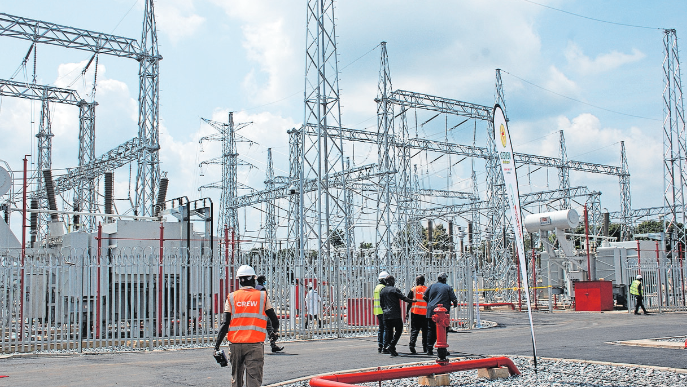Leaders demand more land for refugee farming in Acholi, West Nile

What you need to know:
- Leaders in the sub-region say the refugees need more land to increase their farming production.
The government needs more land to host and feed refugees in Acholi and West Nile sub-regions, leaders of Adjumani District have said.
Mr Ben Anyama, the Adjumani District chairman, said the government should engage landowners to secure additional land for refugee use.
“While there is still abundant land available in the district, the government needs to go on the ground under the component of peacebuilding to negotiate with the local communities to give or offer more land for refugees,” Mr Anyama said in an interview with Daily Monitor at the weekend.
He said the refugees need more land to increase their farming production, as the Shs18,000 they receive per month is not enough.
While commissioning two modern multi-billion markets in Ciforo Sub-county, Adjumani District and Palabek Refugee Settlement Camp in Lamwo District at the weekend, the Minister of Relief, Disaster Preparedness and Refugees, Mr Hillary Onek, urged the district leaders to secure additional land for the Office of the Prime Minister.
He said the land will be used to grow crops to feed refugees amid dwindling funding and food aid by both the United Nations High Commissioner for Refugees (UNHCR) and the World Food Programme (WFP).
“They do not have enough money and they don't have enough food for refugees and they are starving. So these refugees need more land where they can grow their food,” he said.
According to the minister, the WFP is currently facing an acute shortage of money and food for refugees, which requires the host districts to give more land where the refugees can start to grow their food.
“Let the leadership of Adjumani District sit with your council and draw a plan. Call me and I will come and sit with you and we agree on that move and if possible we can help the refugees through UNHCR and WFP to mechanise the food production so that they can produce larger amounts of food to substitute the shortage from WFP,” he said.
Ms Nwanne Vwede-Obahor, the United Nations Development Programme (UNDP) resident representative to Uganda, said enabling refugees to grow their own food is the only sustainable way Uganda can adapt amid dwindling food rations and funding.
“That is the only sustainable way to go if we are to talk about self-sustainablility. It means that the refugees should be able to cultivate and have access to farmlands and so if they are able to finalise and get a place for refugees that will be a fantastic one,” she said.
Meanwhile, Mr Onek warned government officials against interfering in the administration of the new markets.
“The completed market projects in the various districts hosting the refugees are testimony of the government’s commitment to fostering social cohesion between the host communities and the refugees,” he said.
Mr Odong Madiki, the Lamwo vice chairperson, said the markets are intended to bridge the gap between the refugees and the host community.
“The Jerusalem market in Lamwo sits on 10 acres of land. It is one of the three markets that have been constructed under the Uganda Host and Refugee Community Empowerment Project (UHRCEP) at Shs880 million,” Mr Odong said.
Ms Martha Aceng, the chairperson of the Jerusalem Market Vendor’s Association, said: “This facility will help us to improve our household incomes and the standard of living in our families. We are going to have a good working environment.”
The Jerusalem market will accommodate 120 vendors and has several facilities, including stalls, lockup shops and a store.
Three other markets in Adjumani, Lamwo and Obongi districts are in advanced stages of construction.
Built under the Uganda Host and Refugees Community Empowerment (UHRCE) project, the markets are expected to increase the household incomes of refugees and host communities and foster peaceful coexistence.
The UHRCE project is funded by the Korea International Cooperation Agency and UNDP.




